Since October 2017, the coastal province of Mozambique, Cabo Delgado, is suffering from the armed insurgency of an Islamic State branch (ISIS) and its related groups.
About 24 countries, such as Rwanda, and several international actors, such as the Southern African Development Community (SADC), to contain the advance of this armed conflict.
Even with some success in the pacification of the district of Cabo Delgado, there is the growing presence of ISIS in other neighboring regions and the conflict is far from over.

The province of Cabo Delgado in Mozambique: rich in natural resources and poor in distribution of these riches
A region discovered large reserves of natural gas and already has about 60 billion dollars invested in international projects to exploit these reserves, for example the project of the French company Total for LNG.
Mozambique has been the site of several conflicts, from its war for independence from Portugal in 1974 to indirect conflicts (“proxy war”) between the United States and the Soviet Union during the Cold War.
Its natural resources have attracted the commercial interest of Western actors such as the US and the European Union. This interest increased further with the invasion of Russia into Ukraine, as energy trade undergoes interruptions and dynamic changes.
Both the US and the EU are dependent on natural gas for energy production, mainly Brussels that have been trying to cut Russian imports, its main supplier of natural fuels.
However, the relations between Mozambique and the European Union are not the friendliest, since the former colonizer, Portugal, tries to increase theits influence in the country since it lost it during the independence of the “colony.” And with the United States it is not much different, because during the Cold War about a million Mozambicans were killed in conflicts related in one way or another to Washington.
The social situation of the country suffers from high levels of poverty and food insecurity, even with billionaire nature reserves.
This is due to the great corruption in the country that leads to the lack of redistribution of wealth, extremely concentrated in local and political elites, and the diversion of investments of international organizations by political power.
The recent history of Islamic conflict in northern Mozambique
With social vulnerabilities, lack of infrastructure and large percentage of hunger in the population, ISIS gained strength, as experts, for the difficulties that Mozambican society faces: “the central complaints are about the lack of control that local people have over their lives.”
The whole conflict began with the invasion of a police station by the Mozambican youth of Cabo Delgado to take possession of weapons, in 2017.
Since then, the Islamic State has taken greater control over the region and since the beginning of the conflict have been accounted for at least 3,100 dead (according to the Project for the Localization and Data of Armed Conflict Events, ACLED) and 856,000 refugees (according to UNICEF).
ISIS aims to take government control of the Cabo Delgado region, removing it from the Maputo government, and become a self-governing Islamic area.
At present, ISIL is advancing into the region of Niassa and Nampula, neighboring provinces of Cabo Delgado.
The coast of Mozambique has a strong religious tradition of Muslims and the population reports that they are recruited daily to join the terrorist army.
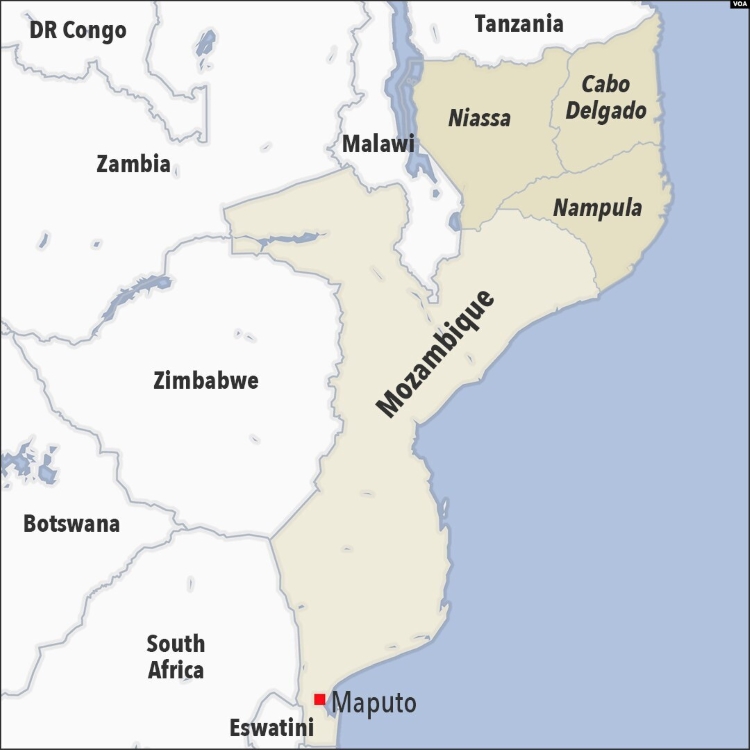
The recent successes of the multinational force against insurgents in northern Mozambique
In July 2021, the Southern African Development Community (SADC) deployed troops to combat ISIS in Mozambique. In addition, Rwanda also sent about 2,000 troops to the region and Botswana sent 300 troops, and several other countries added their military forces.
These military forces were able to slow the advance of ISIL and the amount of armed conflict and direct fighting in the district.
After the military missions, the President of the country, Filipe Nyusi, had encouraged refugee families to return to their homes.
However, a UN noted that this was not completely true about the situation, and that the refugees and the population itself still needed to be alert, since the conflict is still happening, especially in the East.
As reported to BBC, the local newspaper “Carta de Moçambique” found that around 7000 local troops sent by the Maputo government were underpaid and that the salaries that should have been assigned to them were actually diverted to former officers and their families, even if they were no longer active militarily.
Therefore, even with the military advances, the presence of ISIS remains relevant and threatening the Mozambican population.
The future trend of the conflict in northern Mozambique
The situation of high poverty affecting the population of Cabo Delgado, and Mozambique as a whole, allows the advancement of terrorist initiatives that use this vulnerability to recruit potential members within the population who feel forgotten by the central government.
Being a region rich in natural resources, mainly gas, but with an extremely poor population, joining counter-governmental movements such as ISIS can be an attraction for the local population.
The national government needs more equal investment in the country’s infrastructure (education, sanitation, food, etc.) to give more opportunities and hope for a better life and thus discourage the rise of insurgent groups that threaten national integrity.
If this does not happen, it is possible that the conflict that already lasts five years will continue for longer bringing even more violence and misery to one of the poorest regions of the world…. even though it is rich in natural resources: the famous “resource curse.”
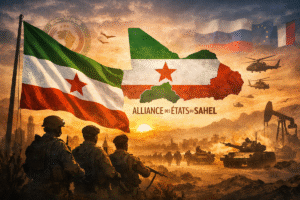
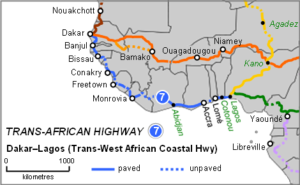
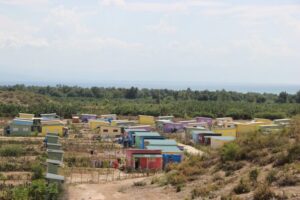

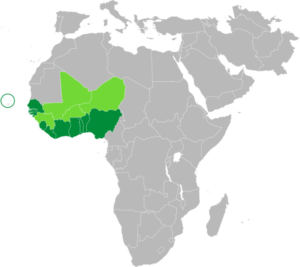

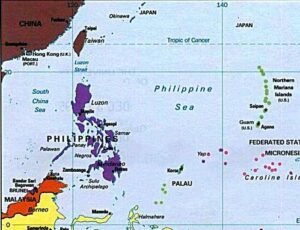
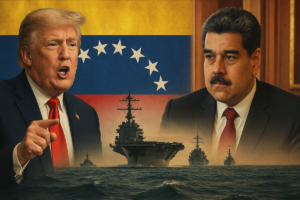
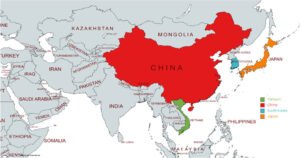
Be First to Comment